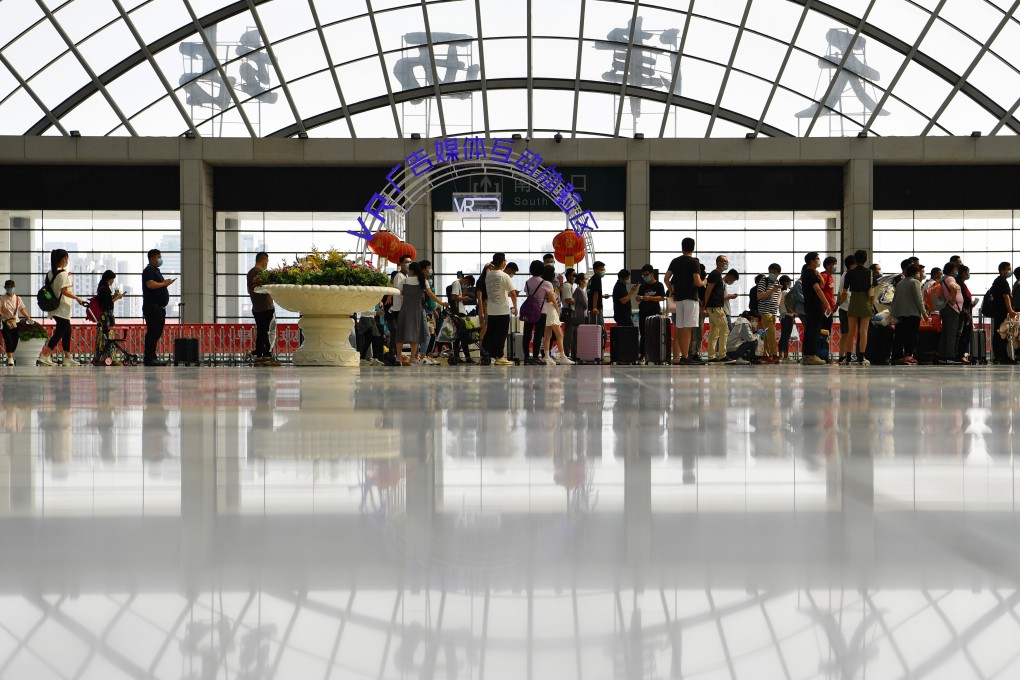Coronavirus case in northern China reveals mystery of carrier who tests negative and has no symptoms
- Tianjin kitchen worker tested positive to Sars-CoV-2 but close contacts, workplace and even food in kitchen held no clues to source of infection
- CDC retested workers and found chef returned negative nucleic acid test but positive serological result

“The conclusion is correct and scientific. The most likely method of transmission was human to human but the investigation is continuing in order to find the source of infection and to rule out other possible ways of infection,” Zhang Ying, deputy director of the Tianjin Centre for Disease Control and Prevention, told reporters on Monday morning.
Cities with severe Covid-19 infections, such as Wuhan where the global pandemic started and Shulan in northeastern Jiliin province, have imposed citywide nucleic acid tests.
In Tianjin, mystery surrounds how a 22-year-old hotel kitchen worker became infected. He was diagnosed with Covid-19 last Wednesday but had no history of travel two weeks before being testing positive. All close contacts of the man took nucleic acid tests and were found to be negative.
The man washed dishes and occasionally cleaned frozen seafood for his work. The centre tested samples of beef, lamb, salmon, vegetables and fruit. They were found to be negative and so were environment samples from the workplace.